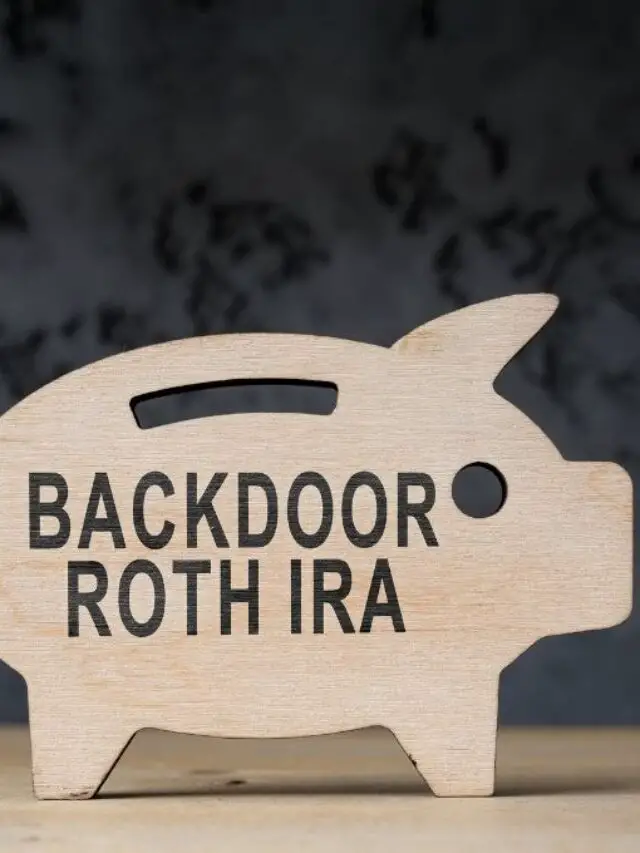Welcome to the labyrinthine world of taxation! If you’re an investor, you’ve likely heard the term “short-term capital gains tax” thrown around. But what does it mean? And why should you care? Well, understanding this tax isn’t just for tax professionals; it’s crucial for anyone looking to make savvy financial decisions. So, sit back as we unravel the complexities of short-term capital gains tax and why it should be on your radar.
Table of Contents
Short-Term Capital Gains Tax 101
Ah, the basics. Let’s start by demystifying what “short-term capital gains tax” actually means. In layman’s terms, it’s the tax you pay on profits from selling an asset you’ve held for less than a year. Now, don’t confuse this with long-term capital gains tax, which applies to assets held for more than a year.
Comparing Short-Term and Long-Term Capital Gains Tax
| Aspect | Short-Term Capital Gains Tax | Long-Term Capital Gains Tax |
| Holding Period | Less than 1 year | More than 1 year |
| Tax Rate | Ordinary income tax rate | Preferential tax rates |
| Tax Filing Complexity | Generally higher | Generally lower |
Individuals Impacted by this type of Tax
So, who gets the pleasure of paying this tax? Well, it’s not just for Wall Street moguls. Day traders, casual investors, and even someone who sold a valuable collectible can be subject to this tax. Essentially, if you make a profit from selling an asset you’ve held for less than a year, Uncle Sam wants a piece of the action.
Types of Short-Term Capital Gains Tax
You might think all short-term capital gains are created equal, but you’d be wrong. There are different types, primarily based on the asset involved or the transaction that triggered the gain.
Asset-Based Types
- Stocks and Bonds: The classics, bought and sold on exchanges.
- Real Estate: Yes, flipping houses quickly can incur short-term capital gains tax.
- Collectibles: Think rare stamps, coins, or even vintage wine.
Transaction-Based Types
- Day Trading: Buying and selling on the same day.
- Swing Trading: Holding for several days or weeks but less than a year.
Understanding these types can help you navigate the short-term capital gains tax landscape more effectively.
Crunching Numbers: Calculating Short-Term Capital Gains Tax
Now, let’s talk numbers. Calculating your short-term capital gains tax isn’t as daunting as it sounds. The formula is straightforward:
Profit from Sale – Cost of Asset = Capital Gain
Then, apply your ordinary income tax rate to this gain. Voila, you’ve got your taxes.
Examples:
- If you bought a stock for $100 and sold it for $150, your capital gain is $50.
- If your income tax rate is 25%, your capital gains tax would be $12.50.

Tax Brackets for Short-Term Capital Gains Tax
Your tax rate isn’t a one-size-fits-all number; it varies based on your income. The higher your income, the more you’ll fork over for such a tax. It’s essential to know your tax bracket to estimate how much you’ll owe.
Reporting Short-Term Capital Gains Tax: The How-To
When tax season rolls around, you can’t just sweep your short-term capital gains under the rug. Reporting them is a must. You’ll generally use IRS Form 1040 and Schedule D to declare these gains. Don’t miss the deadlines; otherwise, you might face penalties.
Steps for Reporting
- Gather all transaction records.
- Complete Schedule D, summarizing your gains and losses.
- Transfer the total to Form 1040.
- Submit by the tax deadline, usually April 15.
Strategies for Slashing Short-Term Capital Gains Tax
Nobody enjoys parting with their hard-earned money, especially not to Uncle Sam. So, are there ways to reduce your capital gains tax? Absolutely.
Strategies
- Tax-Loss Harvesting: Offset gains by selling losing investments.
- Hold for Longer: If possible, hold the asset for over a year to qualify for lower long-term rates.
- Gift Assets: Rather than selling, consider gifting the asset to a family member in a lower tax bracket.
State Taxes and Their Relationship with Short-Term Capital Gains Tax
Don’t forget, the federal government isn’t the only one interested in your gains. Many states have their own version of Capital Gains tax. However, some states, like Florida and Texas, don’t impose this tax at all. Knowing your state’s stance can help you prepare for the total tax hit.
Myths and Realities
Finally, let’s bust some myths. No, you can’t just avoid this tax by not reporting it. And yes, even if you reinvest the gains, you still owe the tax. Understanding the facts can save you from costly mistakes down the line.
Concluding Insights
We’ve covered a lot of ground, from the basics to strategies for minimizing your tax. The key takeaway? Knowledge is power. The more you understand about short-term capital gains tax, the better equipped you’ll be to make informed financial decisions.
Further Reading and Tools
Hungry for more? Check out these resources:
- Books: “Tax Strategies for the Savvy Investor”
- Websites: IRS.gov, TaxFoundation.org
- Tools: Capital gains tax calculators available online
Frequently Asked Questions (FAQs)
- What happens if I inherit assets? Do I have to pay short-term capital gains tax?
Inherited assets usually receive a “step-up” in basis to their fair market value at the time of the owner’s death. If you sell them shortly after inheriting, you might not incur significant tax.
- Can I offset short-term capital gains with short-term capital losses?
Yes, you can offset short-term gains with short-term losses. If your losses exceed your gains, you can deduct up to $3,000 against other income.
- Are there any exemptions from this tax?
There are very few exemptions. However, certain assets like primary residences may qualify for an exclusion if specific conditions are met.
- How does capital gains tax affect retirement accounts?
Generally, retirement accounts like 401(k)s and IRAs are tax-deferred, meaning you won’t pay this tax on transactions within the account.
- Is there a minimum amount of gain that triggers such a tax?
No, there’s no minimum. Any gain needs to be reported and is subject to taxation.
- Do I have to pay capital gains tax if I’m a non-resident alien?
Non-resident aliens are subject to U.S. tax on their U.S.-sourced capital gains. However, tax treaties may provide for different rules.
- What records do I need to keep for capital gains tax reporting?
Keep all transaction records, including purchase and sale confirmations, to substantiate your gains or losses.
- How does this tax apply to cryptocurrency?
The IRS treats cryptocurrency as property, not currency. Therefore, selling or exchanging cryptocurrency can trigger such a tax.
- Can I use short-term capital losses to offset other types of income?
You can use up to $3,000 of net capital losses to offset other types of income like wages. Any excess loss can be carried forward to future years.
- What happens if I don’t report my short-term capital gains?
Failure to report can result in penalties and interest. In severe cases, it could lead to legal action.

Prashant Chauhan
Author @ Finance RuffleMeet Prashant Pratap Chauhan, the savvy founder behind Finance Ruffle, a hub for sharp financial insights and expert analysis in the realm of finance blogging.










Pingback: IRA Contribution Limits Demystified: 8 Power Moves For Savvy Investors | Finance Ruffle
Pingback: Long-Term Capital Gains Tax: 9 Ultimate Insights You Must Know | Finance Ruffle